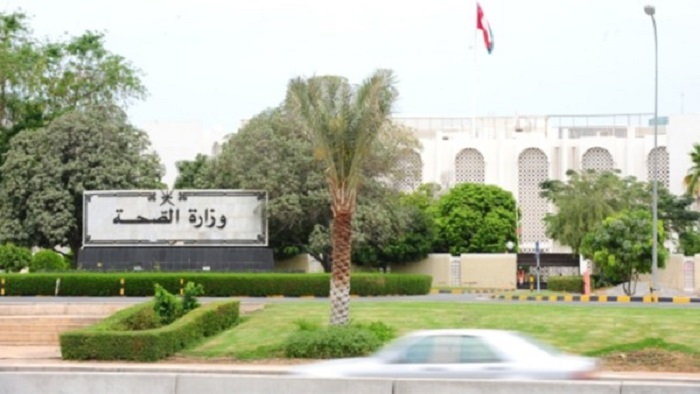
Muscat: The Ministry of Health (MOH) has issued a clarification on the pharmaceutical market monopoly and price difference in medicines between Oman and other countries.
The Ministry of Health (MOH) said in a statement that with regard to what is being circulated across various social media platforms on the pharmaceutical market monopoly and the difference in the price between the Sultanate of Oman and other countries, the ministry would like to clarify that within its function, it takes keen attention towards providing safe and effective medications for the country's citizens and residents.
Medicine pricing is a regulatory procedure undertaken within the process of providing medication that involves at first registration of the pharmaceutical manufacturers and verifying their application of pharmaceutical manufacturing's global fundamentals, followed by the registration of medicines after confirming their compliance with the specifications to ensure their quality and effectiveness prior to marketing.
Export prices of medicines as well as their purchase prices for the public in the private sector are fixed by the ministry within the relevant specified mechanism that is carried out through direct negotiations with the pharmaceutical manufacturers and not with the local agents. Furthermore, the ministry is constantly reviewing prices and monitoring the application of agreed prices in private pharmacies.
MoH would also like to clarify that the prices of the mentioned medicines have been reviewed and approved by the Gulf Pricing Committee, which was formed in implementation of the decision of the Supreme Council of the Gulf Cooperation Council at its 27th session held in Riyadh, December 2006, which decided to approve the unification of the import price ( cost, insurance and freight CIF ) for medicines to the GCC countries in the US dollar.
Moreover, the price is approved after making comparisons with the prices of more than thirty countries whose markets are similar to those of the Gulf countries.
Establishing factories of large pharmaceutical companies in some countries due to the high population density or the high sales in them resulted in reducing the prices in those countries without incurring other costs such as shipping, insurance, transportation, labour and customs fees. In addition, the decrease in drug prices is due to support received by companies from around the world.
The ministry confirmed that all complaints received by the Ministry's call centre or through direct communication regarding refusal to supply or provide any of the registered medicines are attentively followed.
MoH is further monitoring any violation and if detected, will be reported to the pharmaceutical violations committee for the necessary legal actions.